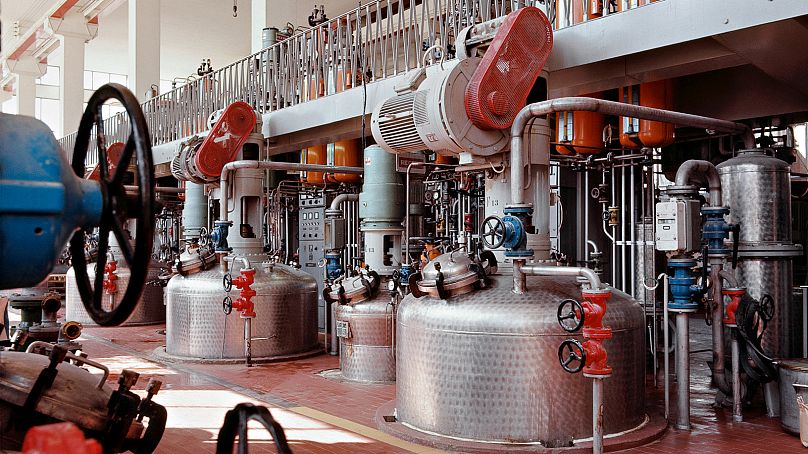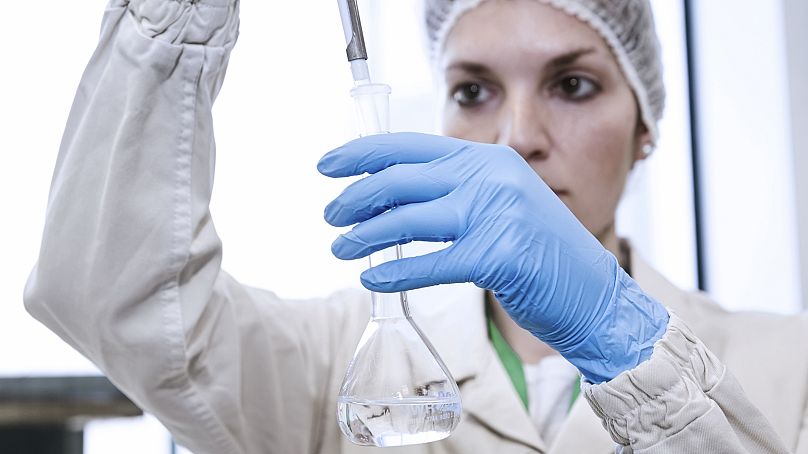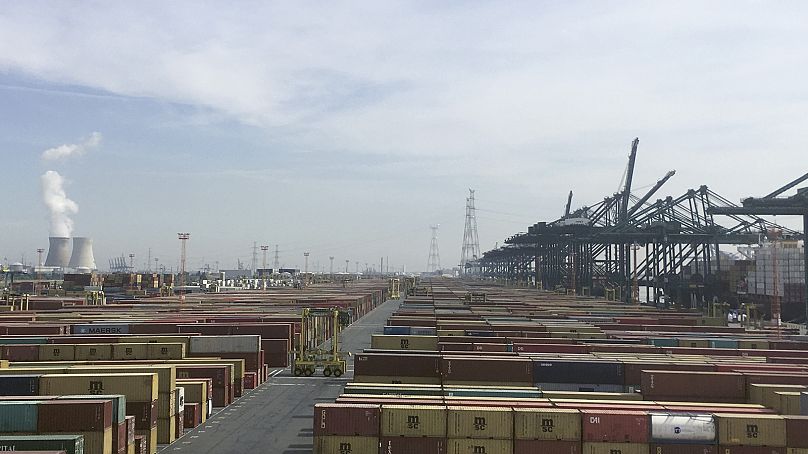Every way we interact with the planet stems from how we use water. From the food that sustains us, to nearly every product we create to improve our lives: it all requires water. Yet still, in too many places today, our reliance on water is making this fragile resource more limited in both quantity and quality.
 ADVERTISEMENT
ADVERTISEMENT
 ADVERTISEMENT
ADVERTISEMENT
Each year, World Water Week brings together a global collaboration of ideas and projects to provide concrete solutions to water, environmental, and development challenges worldwide. This year, scientists, governments, corporate partners, and NGOs are united to build more resilient societies, ensure water balance across the planet, and increase water quality. With an eye toward the future, today’s ideas will help engineer the water systems of the future and fuel new advancements in renewable energy and smart buildings, as well as greater potential for circularity and recycling of resources.
Taking a much more proactive response to ensuring access to clean water today is critical to ensuring the planet remains inhabitable for centuries. This is why responsible water stewardship requires us to look closely at the ways each company relies on water, particularly those that aren’t always visible.
As a global medicines company, Novartis has looked closely at how we can best help to conserve and protect water. Clean water is critical to pharmaceutical production as a solvent, cleaner, and inactive ingredient in some medicines. It is also essential for the health and hygiene of people who rely on the products—including when patients are asked to take pills with a glass of water.
So any threats to water supply or quality pose a risk to the company and a potential health crisis for the communities it serves.
Novartis is contributing to the fight for abundant, clean water through its wider strategy of responsible water use. The company is working to drastically cut its water use and be water neutral by 2030, while also minimizing potential water pollution from its activities, going beyond regulatory compliance to reduce environmental impacts from production of medicines.
At every stage—from research and development of new products to their eventual use by patients— Novartis is working to identify more environmentally friendly ingredients, produce them more efficiently, and encourage their safe and responsible disposal. As part of this effort, the company is a partner in the Innovative Medicines Initiative PREMIER project, focused on evaluating and mitigating the risk of medicines in the environment. In addition, Novartis is joining the Stockholm International Water Institute and other partners to launch the Responsible Antibiotics Manufacturing Platform aimed at producing antibiotics in a manner that is environmentally, socially and economically sustainable.
The idea of a “circular economy” is driving the company’s management to rethink everything they do, and how they can pull extra value from the same set of resources. This means altering operations and helping both countries and local communities increase both water access and reduce pollution. By forming local partnerships, the company has helped increase efficient water access where it’s needed most.
One project aims to reduce water scarcity in a region of Telangana, India, one of the world’s most water-stressed countries. Managed in partnership with the National Agro Foundation, the project is designed to create storage capacity and harvest enough rainwater to add 50,000 cubic meters of clean water to the regional watershed. Another in Kenya will harness existing boreholes to bring clean water to 11,000 people who currently lack efficient access.
Other companies and partners are also taking action, many without the need for government directives or regulation. Since 2015, dozens of companies including Ford, PepsiCo, and Nissan have committed to renovating their water infrastructure to meet bold water use and wastewater reduction targets. Unilever, Samsung, and Mars are pursuing ambitious goals in changing how their products are made and how they’re consumed. Companies are increasingly finding that action is far less expensive than inaction and, as a result, environmental stewardship has become a central priority of senior corporate officers and investors.
Once we begin thinking this way, there are opportunities everywhere. This is the circular economy at work: companies are rethinking the concept of wastewater and pollution, not as disposable leftovers but as byproducts to be harvested and reused. Or, in the words of the renowned American architect Buckminster Fuller, to see in pollution the valuable resources we haven’t yet harvested.
None of these initiatives are easy. Many require investment, commitment, and bold action. But they’re all worthwhile for our resilience on earth and a future on a clean, productive, and abundant planet. Novartis has joined 170 other companies to be water stewards everywhere and in every way it operates. I invite everyone—from consumers to the world’s biggest companies—to join us.



